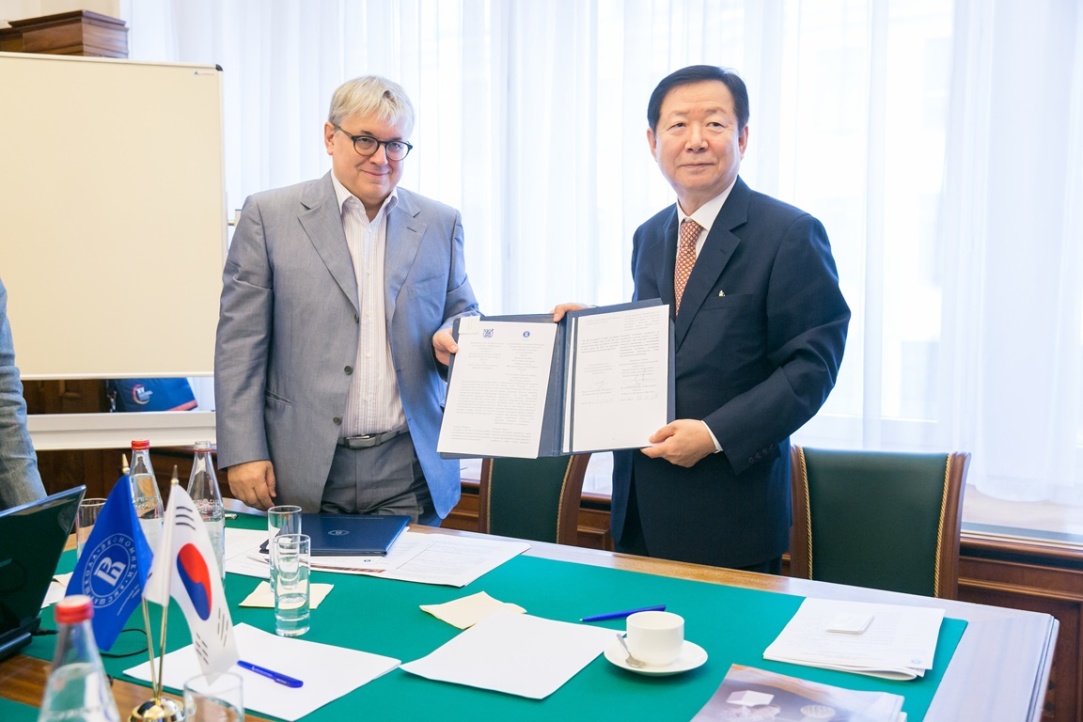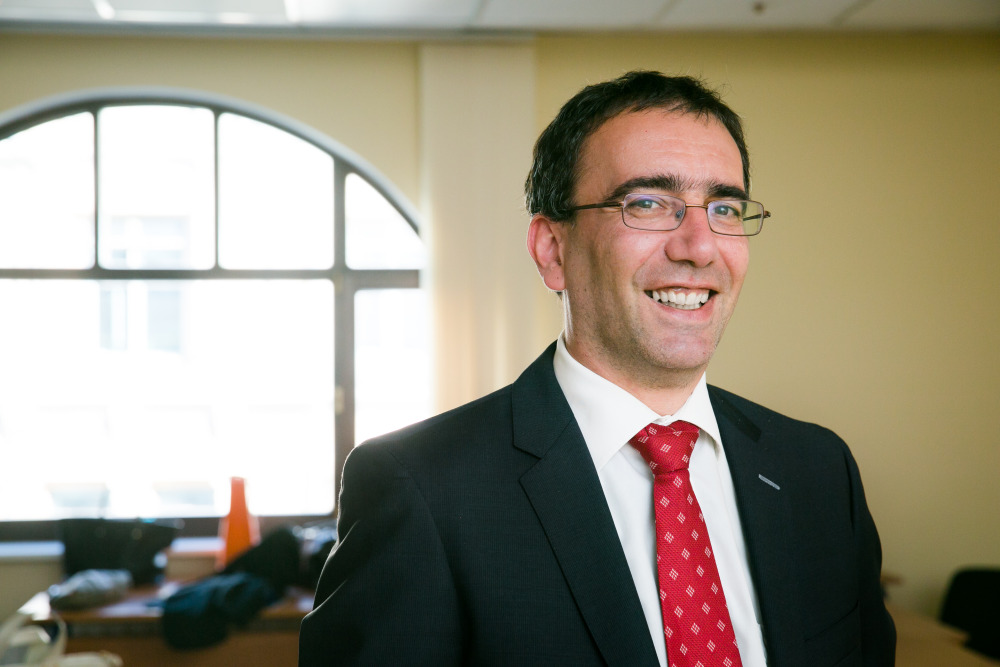Futures Literacy of Students
HSE ISSEK joined the ‘FORESIGHT — Future Oriented Education for Students Incorporating GSC in High-paced Times’ project launched by five European universities. The three-year project funded by European Union started with the kickoff meeting held on November, 29–30 in Tilburg (the Netherlands). HSE ISSEK was represented by a post-doctoral research fellow Dr. Oguz Demir, who will be the overall coordinator of the project.
7 Facts about Foreign Students
The Higher School of Economics has entered the top 5 of Russian universities most popular with foreigners, according to Rossotrudnichestvo (in terms of the number of applications for quotas submitted in the 2018/19 academic year). Gathered facts about international student mobility in the world, the country, HSE and the ISSEK 'Governance of Science, Technology and Innovation' Master’s programme.
7 Figures on Russian Education
The HSE Institute for Statistical Studies and Economics of Knowledge published the statistical data book 'Education in figures'. It includes data describing the current state and development dynamics of the general, vocational, and higher education in Russia. Here are a few of the more interesting figures.
New Double Degree Programme with Seoul National University
HSE ISSEK and the College of Engineering at Seoul National University have signed an agreement for a double degree programme which involves the HSE’s Master Programme in Governance of Science, Technology and Innovation and the ‘Technology Management Economics and Policy’ (TEMEP) at the College of Engineering of Seoul National University.

HSE and Seoul National University Sign Cooperation Agreement
On July 17, 2017, HSE signed a memorandum of understanding on academic and research cooperation with Seoul National University (SNU). It covers joint research, joint projects, student and staff visits, as well as the sharing of academic resources.
_2.jpg)
Students Examine Cybersecurity Contextualization in Russia and the United States
Students from HSE ISSEK, Stanford University, and Rice University have researched how Russia and the US cooperate in cybersecurity and explored the nuances present in the approaches that each country takes in this area, including different understandings of cybersecurity-related terms. The research was conducted in 2016-2017 as part of the Stanford US-Russia Forum (SURF), a programme dedicated to developing US-Russia cooperation. Over a period of 8 months, 30 American and Russian students and young professionals worked on their projects.
How to Manage Complexity?
The knowledge acquired at the English-language Master's programme of the Higher School of Economics “Governance of Science, Technology and Innovation” allows to launch new value chains, create knowledge-intensive businesses, and open new markets, in general, the power of science changes reality. During the Open-Door Day, the prospective students discovered what is needed to be considered for this programme and to realise the maximum potential of the programme.
ISSEK Students in the Search of the Responds to the Administration Requests
Master’s Programme Students of HSE ISSEK “Governance of Science, Technology and Innovation” for 10 weeks from January to March were doing their internships at Moscow Agency of Innovations. During the internship four students found several best technological solutions for optimizing the city transport, power grids, healthcare and other systems.

Building an International Master’s Programme: Design of Curriculum and Role of Partnerships
Dirk Meissner, Professor at the Institute for Statistical Studies and Economics of Knowledge and the Academic supervisor of the Master’s Programme ‘Governance of Science, Technology and Innovation’, has talked to HSE English-language news bulletin, The HSE Look, about programme development and achievements.
Ability to Manage Technology and Innovation Is in High Demand
Science, technology and innovation policy is a field that requires special skills and knowledge. The MA programme in Governance of Science, Technology and Innovation trains professionals for management and policy making in this area of work. On June 28, the first cohort graduated from the programme. Before the ceremony, Rae Kwon Chung, Principal Advisor on Climate Change at the Executive Office of the Secretary-General of the United Nations and a member of Intergovernmental Panel on Climate Change which was awarded Nobel peace prize in 2007, delivered a lecture on Reformulating Economics to Serve Sustainable Development.
